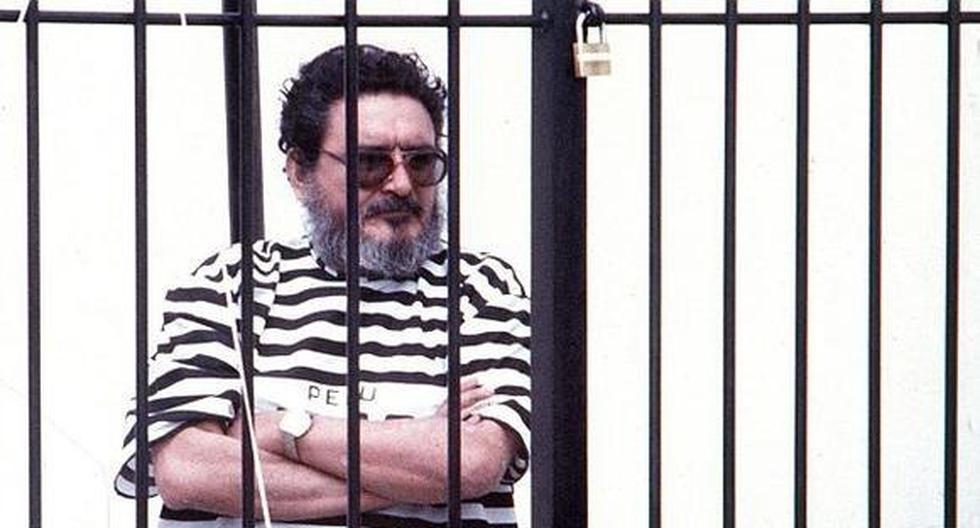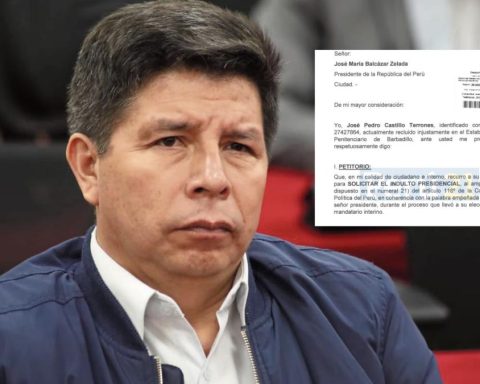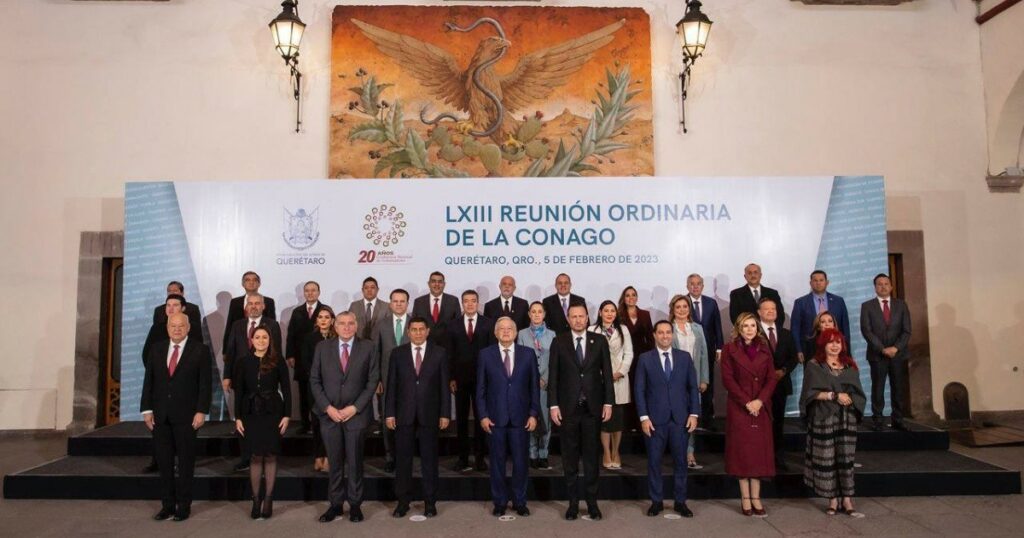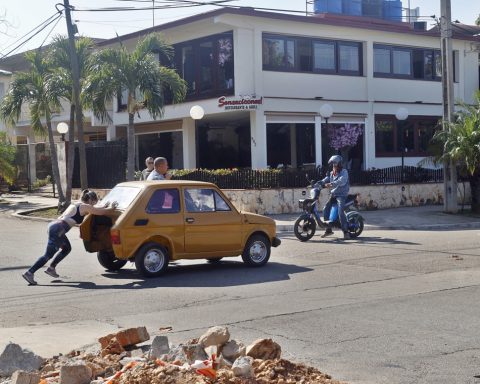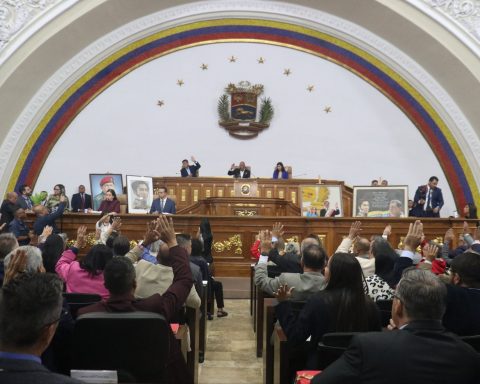Exaltation, justification or exaltation; These three actions are the basis for prosecuting and punishing the crime of apology for terrorism. It seeks to prevent the spread of an ideology that plagued the country for two decades (1980 – 2000) and, according to the Truth and Reconciliation Commission (CVR), caused the death and disappearance of more than 60,000 Peruvians.
The crime of apology for terrorism has a special approach and a criminal type that is sometimes questioned because it is mistakenly considered that it violates several fundamental rights, including freedom of expression and opinion.
However, in a recent sentence for this crime, the Judiciary cited article 51 of the Political Constitution of 1993, that Magna Carta that a sector of the extremist left seeks to abolish, and indicated that all rights recognized in our legal system “do not It is exercised absolutely.”
LOOK: The congresswoman who applauds Cuba, but invests in the US
It added that the TC, in File No. 010-2002-AI/TC, indicated that “at the same time as guaranteeing them, the State is entitled to repress those conducts that, with their exercise, seek to destroy the democratic system itself, a natural environment where it is possible to enjoy and exercise all the fundamental rights of the human being”.
apology of terror
In 2017, with the then legislator and former GEIN Marco Miyashiro (Popular Force) at the helm, Congress promoted a bill that sought to clarify and specify the crime of apology for terrorism. Thus was born the “Law that modifies article 316 and incorporates article 316-A into the Criminal Code, typifying the crime of Apology for Terrorism”, Law 30610.
The norm specified that not any favorable expression about a terrorist act constitutes a crime, but that certain facts must be considered.
These are that the exaltation refers to a terrorist act already carried out; that the praise be towards a person convicted with a final sentence for terrorism; that the communication channel used serves to spread the praise to an indeterminate number of people; and that the exaltation affects the democratic rules of plurality, tolerance and search for consensus.
“If the exaltation, justification or exaltation – of the crime of terrorism or of the person who has been convicted by final sentence as the author or participant in acts of terrorism – is propagated through objects, books, writings, visual or audio images, or is carried out through printing, radio broadcasting or other means of social communication or through the use of information or communication technologies, the penalty will be not less than eight years nor more than 15 years ”, reads the norm.
For the criminal lawyer Luis Lamas Puccio, the exaltation of terrorism does not only occur with verbal expressions; It also applies when it occurs in posts via Facebook, Twitter, TikTok, among other social networks.
“Freedom of expression through which a person has every right to express their thoughts, their way of understanding the problems of life or any other aspect that they consider pertinent is one thing, but what makes the difference here is that people who have been part of a process and have received a conviction for terrorism are exalted,” he said in a dialogue with Peru21.
Meanwhile, José Baella, former director of Dircote, pointed out that Law 30610 helped the Public Ministry and the Anti-Terrorism Prosecutor’s Office to establish a better theory of the case that they present before the Judiciary. “The results can be seen in the recent convictions for apology of terrorism,” he stressed to this newspaper. “We must understand that the crime of apology for terrorism exists and is typified in the Penal Code. Therefore, all Peruvians are obliged to respect (the norm) ”, he said.
first sentences
On January 18, a historic event occurred in Peru. The first conviction for apology of terrorism on social networks was handed down.
In the first instance, eight years of effective prison and the payment of 10,000 soles for civil reparation were imposed on Rodrigo Benites Silva (21), from Piura, who used Facebook to disseminate content that exalts, exalts, and justifies the convicted Shining Path leader, Abimael Guzmán .
A week later, the PJ also dictated eight years in prison for the lawyer Julián Cuba Jurado (37), who worked in the Provincial Municipality of Huancavelica, and the car painter Richard Cornejo Callas (49); both used social networks to justify the terrorist actions perpetrated by the bloodthirsty Guzmán Reinoso.
Keep in mind
- The Anti-Terrorism Prosecutor’s Office filed a criminal complaint against Antauro Humala for the alleged crime of apology for terrorism.
- The ethnocacerista leader stated the following in a video on social networks: “The best thing that the left has produced, from Pizarro until now, as a political party, is Sendero Luminoso.”
- The Judiciary will read the sentences against Julián Cuba and Richard Cornejo on February 6 and 7 at 4:00 p.m.
